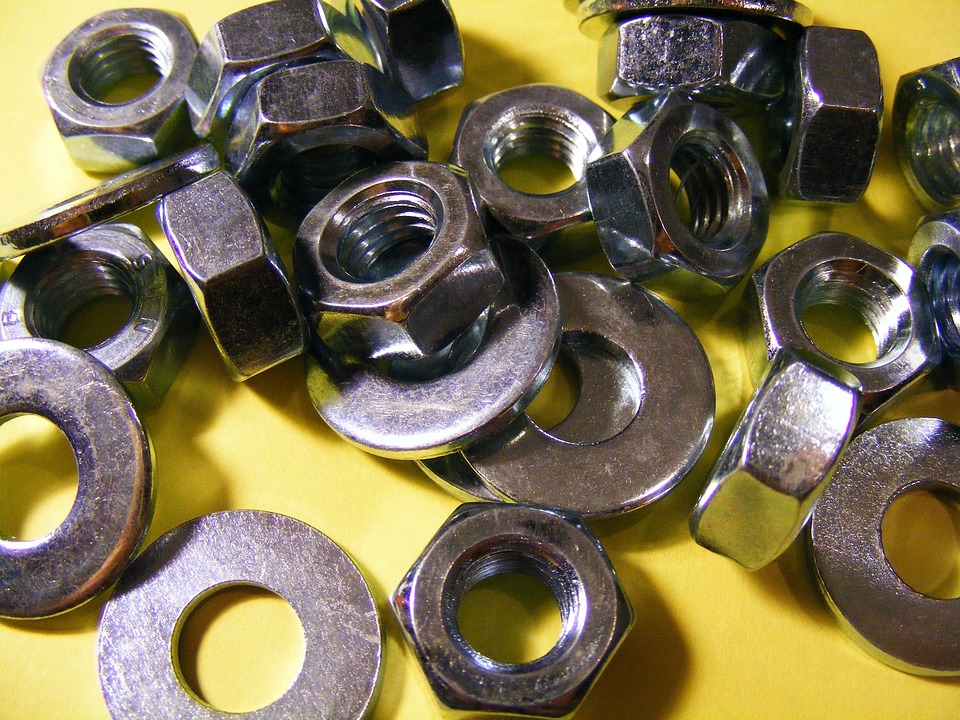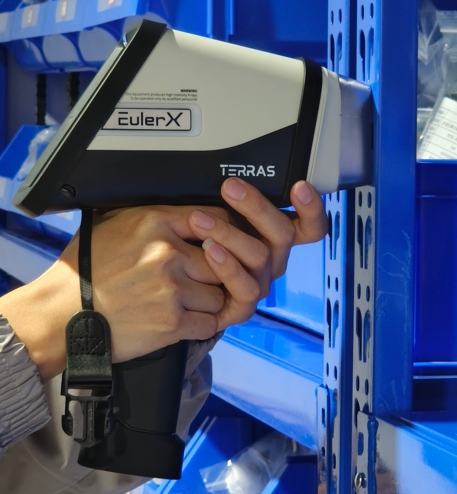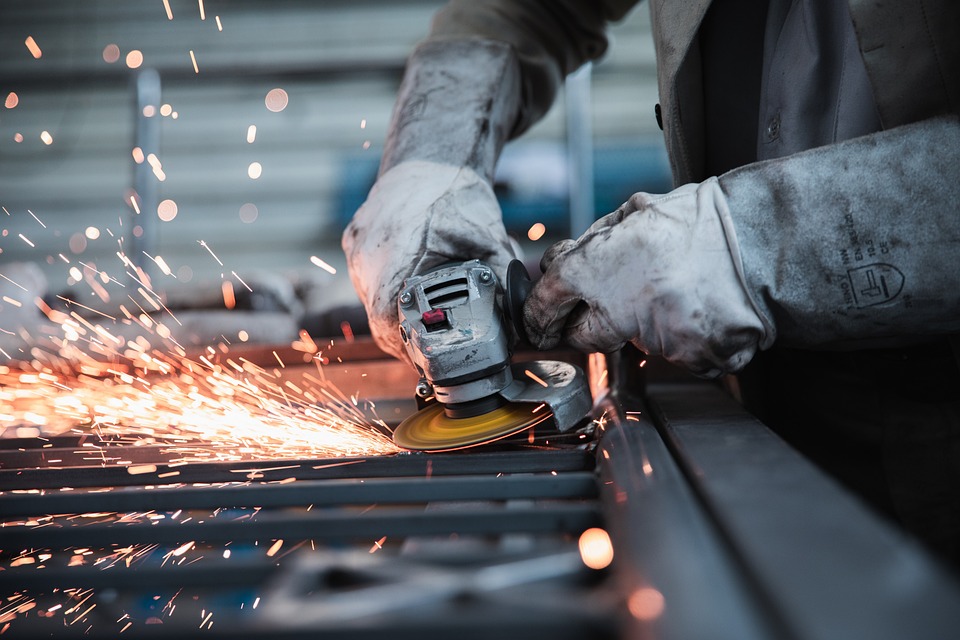
Alloy
A high-tech enterprise focusing on the development and application of X-ray technology products, committed to becoming a leading supplier of X-ray industrial testing solutions.
The Power of Handheld XRF: Revolutionizing On-Site Material Analysis
In the world of material analysis, precision, speed, and portability are key. Whether you're in mining, manufacturing, scrap metal recycling, or environmental monitoring, the ability to quickly and accurately determine the composition of materials is crucial. Enter handheld X-ray fluorescence (XRF) analyzers—a game-changing technology that has revolutionized on-site material analysis. In this blog, we’ll explore how handheld XRF is transforming industries, its key benefits, and why it’s becoming an indispensable tool for professionals worldwide.

What is Handheld XRF?
Handheld XRF is a non-destructive analytical technique used to determine the elemental composition of materials. The device works by emitting X-rays that interact with the atoms in a sample, causing them to fluoresce. By measuring the energy and intensity of this fluorescence, the analyzer can identify and quantify the elements present in the sample.
What sets handheld XRF apart is its portability. Unlike traditional lab-based XRF machines, handheld devices are compact, lightweight, and battery-operated, allowing users to perform real-time analysis directly on-site. This eliminates the need for time-consuming sample collection and lab testing, delivering instant results in the field.
Key Benefits of Handheld XRF
Real-Time Results
One of the most significant advantages of handheld XRF is its ability to provide immediate feedback. Whether you're testing metal alloys, soil samples, or archaeological artifacts, you can get accurate results in seconds. This speed is invaluable in industries where time is money, such as mining or scrap metal sorting.
Non-Destructive Testing
Handheld XRF is a non-destructive method, meaning the sample remains intact after analysis. This is particularly important when dealing with valuable or rare materials, such as historical artifacts or high-grade ores.
Portability and Ease of Use
Designed for field use, handheld XRF analyzers are lightweight, ergonomic, and easy to operate. They can be used in a variety of environments, from remote mining sites to crowded manufacturing floors, without the need for extensive training.
Cost-Effective
By reducing the need for lab testing and minimizing downtime, handheld XRF analyzers can significantly lower operational costs. They also help prevent costly errors, such as misidentifying materials or shipping non-compliant products.
Versatility
Handheld XRF analyzers are capable of analyzing a wide range of materials, including metals, plastics, ceramics, and even liquids. This versatility makes them suitable for a variety of applications across multiple industries.
Applications of Handheld XRF
The versatility and portability of handheld XRF have made it a go-to tool in numerous fields:
Mining and Exploration
Handheld XRF is widely used in mining for ore grade control, exploration, and geochemical mapping. It allows geologists to quickly assess the composition of rock samples, helping them make informed decisions about where to drill or mine.
Scrap Metal Recycling
In the recycling industry, handheld XRF analyzers are used to identify and sort different metal alloys. This ensures that materials are properly categorized and recycled, maximizing profitability and reducing waste.
Manufacturing and Quality Control
Manufacturers use handheld XRF to verify the composition of raw materials and finished products, ensuring they meet industry standards and specifications. This is particularly important in industries like aerospace and automotive, where material integrity is critical.
Environmental Monitoring
Handheld XRF is used to detect and measure contaminants in soil, water, and air. This is essential for environmental assessments, remediation projects, and compliance with regulatory standards.
The Future of Handheld XRF
As technology continues to advance, handheld XRF analyzers are becoming even more powerful and user-friendly. Innovations such as improved detection limits, faster analysis times, and enhanced data connectivity are making these devices more accessible and effective than ever before.

Terras EulerX900 Handheld Alloy Analyzer
The EulerX 900 series redefines metal analysis with its simplicity and precision. This handheld XRF analyzer provides instant alloy identification and chemical composition data, requiring no sample preparation or extensive training. Its portable design and advanced technology make it perfect for quality control, scrap sorting, and PMI. Whether analyzing solids, liquids, or powders, the EulerX 900 ensures fast, reliable results, making it a go-to tool for metal processing and recycling.
Conclusion
Handheld XRF analyzers have truly revolutionized on-site material analysis, offering a combination of speed, accuracy, and portability that was once unimaginable. From mining and manufacturing to environmental monitoring and art conservation, this powerful tool is transforming the way professionals work, enabling them to make faster, smarter, and more informed decisions.
Join Us
Subscribe to our email list for updates & promotions.



